States are as the men, they grow out of human characters
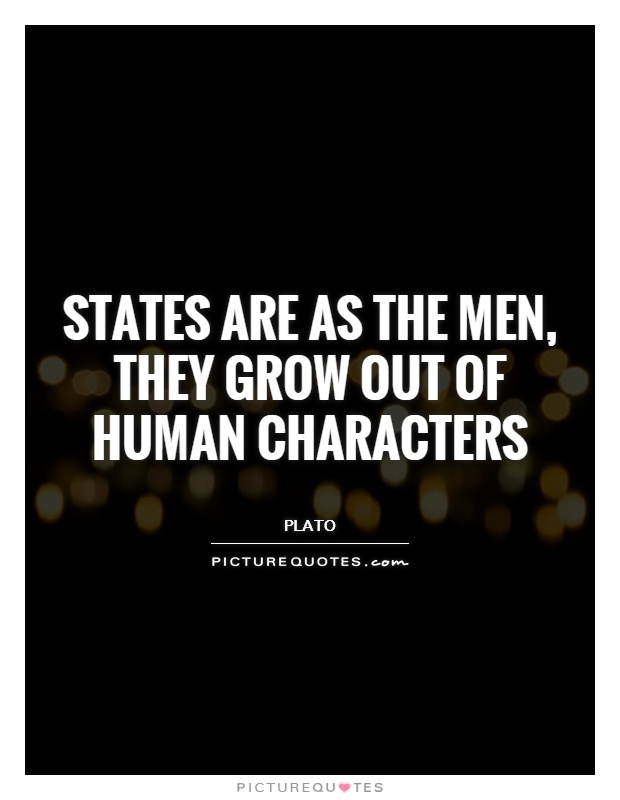
States are as the men, they grow out of human characters
In Plato's work, "Statesman," he explores the idea that states are reflections of the individuals who govern them. The quote, "States are as the men, they grow out of human characters," encapsulates this concept perfectly. Plato believed that the qualities and characteristics of the rulers of a state would ultimately shape the nature of that state.Plato argued that just as individuals possess certain virtues and vices that influence their actions and decisions, so too do rulers and leaders of states. If a ruler is just, wise, and virtuous, then the state they govern will reflect these qualities and be just, wise, and virtuous as well. On the other hand, if a ruler is unjust, foolish, or corrupt, then the state will also exhibit these negative traits.
Plato believed that the ideal state would be governed by philosopher-kings, individuals who possessed both wisdom and virtue. These philosopher-kings would make decisions based on reason and justice, rather than self-interest or personal gain. In this way, the state would be a reflection of the virtues of its rulers, creating a harmonious and just society.
However, Plato also recognized that not all rulers possess these ideal qualities. In cases where rulers are unjust or corrupt, the state will suffer as a result. Plato believed that a state governed by tyrants or despots would be chaotic and oppressive, reflecting the negative characteristics of its rulers.
Overall, Plato's idea that states are as the men, they grow out of human characters emphasizes the importance of virtuous leadership in creating a just and harmonious society. By recognizing the influence of individual character on the nature of the state, Plato highlights the need for wise and virtuous rulers who govern with justice and reason.


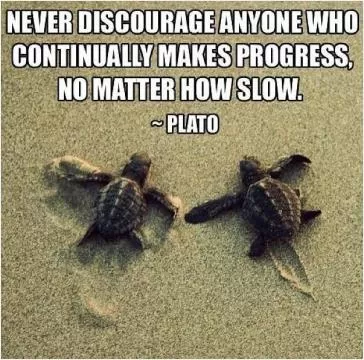

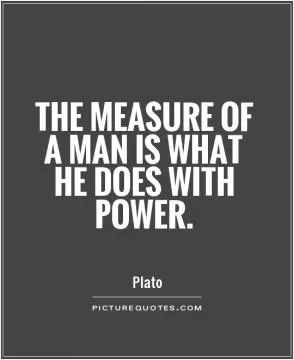
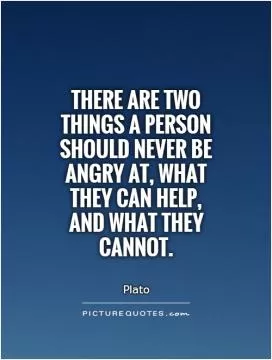




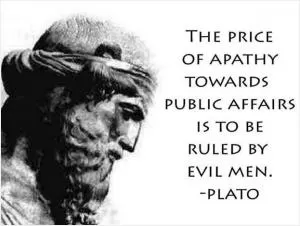
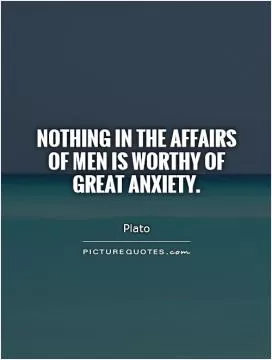
 Friendship Quotes
Friendship Quotes Love Quotes
Love Quotes Life Quotes
Life Quotes Funny Quotes
Funny Quotes Motivational Quotes
Motivational Quotes Inspirational Quotes
Inspirational Quotes